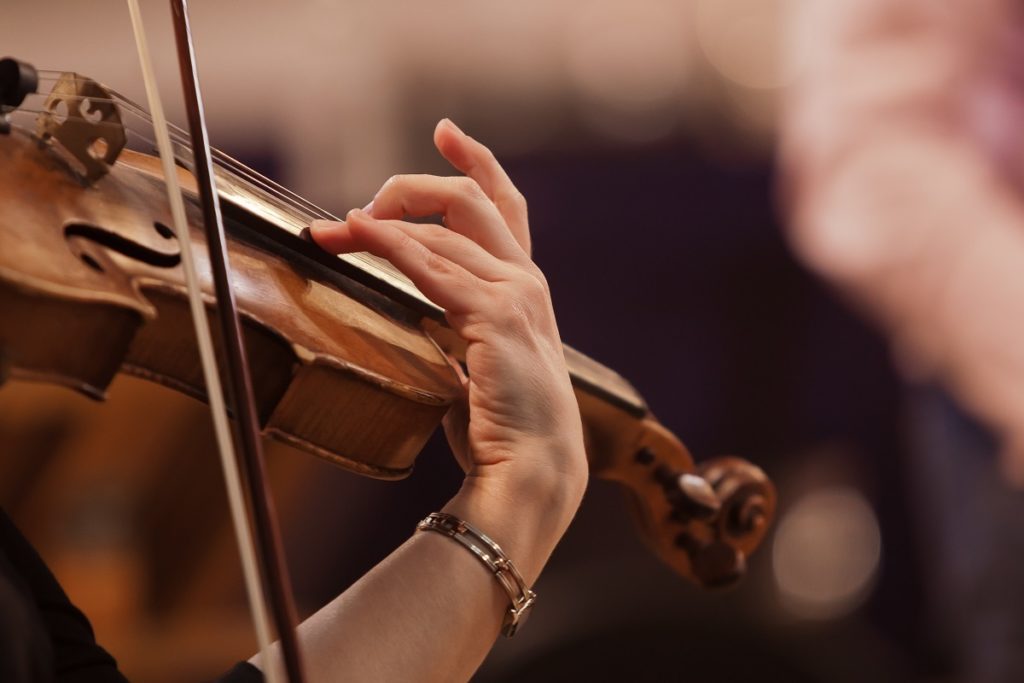- Music classes offer structured learning and support in music theory, practice, and performance.
- Music is a universal language fostering interaction, sharing ideas, and creating lasting friendships.
- Selecting a music class should align with your music goals, interests, and level of expertise.
- Group music classes enhance interpersonal skills, encourage collaboration, and foster a sense of community.
- Music education promotes cognitive and social skills development, personal growth, and emotional well-being.
“Music is the universal language of mankind,” said Henry Wadsworth Longfellow. Indeed, music has an impact that transcends boundaries, cultures, and languages. Whether it’s the melody of a classic symphony or the beat of a contemporary pop song, music has a way of moving people, evoking emotions, and inspiring creativity.
If you’ve always been drawn to the world of music but are still determining where to begin, music classes are an excellent place to start.
This post will explore the importance of music classes and how they can nurture your musical skills, connect you with others, and transform your life.
The Prelude to Passion
Music classes are structured programs designed to teach individuals various aspects of music theory, practice, and performance. These classes can be taken in a formal setting, such as a music school or conservatory, or informally, in community centers, churches, or private studios.
Music classes cover a broad range of topics, from reading sheet music and playing an instrument to vocal training and music production. Participating in a music class can develop essential musical skills, increase their knowledge of music theory, and build their confidence in musical performance.
Music as a Universal Language
Music is an art form that can bring people together, no matter where they come from or what language they speak.
In a music class, you’ll have the opportunity to interact with other music enthusiasts, share your ideas, and collaborate on music projects. You’ll develop your musical skills through this collaboration and make lasting connections and friendships.
Setting the Stage: Choosing the Right Class
A diverse range of music classes is available, and choosing the right class for you can be overwhelming. Some classes focus on instrumental training, such as piano, guitar, or drums, while others are geared toward vocal performance.
Additionally, some classes cover music theory, ear training, and music composition. Before selecting a music class, defining your music goals, interests, and academic background is crucial. This information will help you identify the type of class that aligns with your aspirations and level of expertise.
Exploring the World of Violin
The violin is an iconic and captivating instrument with a rich history and tradition. It’s a versatile instrument found in classical music, jazz, and folk music. While learning the violin can be challenging and requires patience and dedication, the rewards are immense.
By learning professional yet fun violin lessons, you’ll not only gain technical skills such as bow technique, finger placement, and vibrato, but you’ll also develop expressive skills such as phrasing, dynamics, and articulation.
Learning to play the violin brings a sense of accomplishment and joy as you explore the intricacies of music and master the art of creating beautiful melodies. Acquiring new skills, from understanding the instrument’s nuances to honing techniques, is a rewarding adventure that fuels your creativity and passion for music.

Harmonizing with Others: Group Dynamics
The benefits of participating in group music classes are numerous. Not only do you get to learn from others, but you also have an opportunity to develop your interpersonal skills.
Group classes offer an excellent platform to connect with like-minded individuals who share your passion for music. This camaraderie creates a sense of community and support that can be encouraging and inspiring.
Moreover, being part of a group can boost your confidence and provide a platform to showcase your skills to a friendly audience.
Collaborating with Music
Collaboration is another important aspect of group dynamics in music classes. This exchange of ideas can lead to new insights, perspectives, and discoveries that are impossible in individual settings. You can explore different genres, experiment with new sounds, and collaborate with fellow students to create something unique.
Collaboration also promotes teamwork, leadership, and communication skills that are valuable in all aspects of life.
Reflecting on the Journey
Music classes offer a unique and transformative experience that can shape your personal and professional life. By learning a musical instrument or participating in a vocal ensemble, you’ll develop your musical skills and fine-tune your cognitive and social skills. Music education has been linked to improved memory, problem-solving skills, and academic performance.
Beyond the academic benefits, music education has a lasting impact on personal growth, character development, and emotional well-being. By reflecting on your music class experiences, you’ll discover how much you’ve grown as a musician and person.

In conclusion, music classes are an excellent way to embark on a journey through the world of music. Whether you’re a beginner or a seasoned musician, music classes offer something for everyone.
By participating in a music class, you’ll develop your musical skills, connect with other music enthusiasts, and transform your life. A diverse range of music classes is available, and choosing the class that aligns with your goals and interests is crucial.



